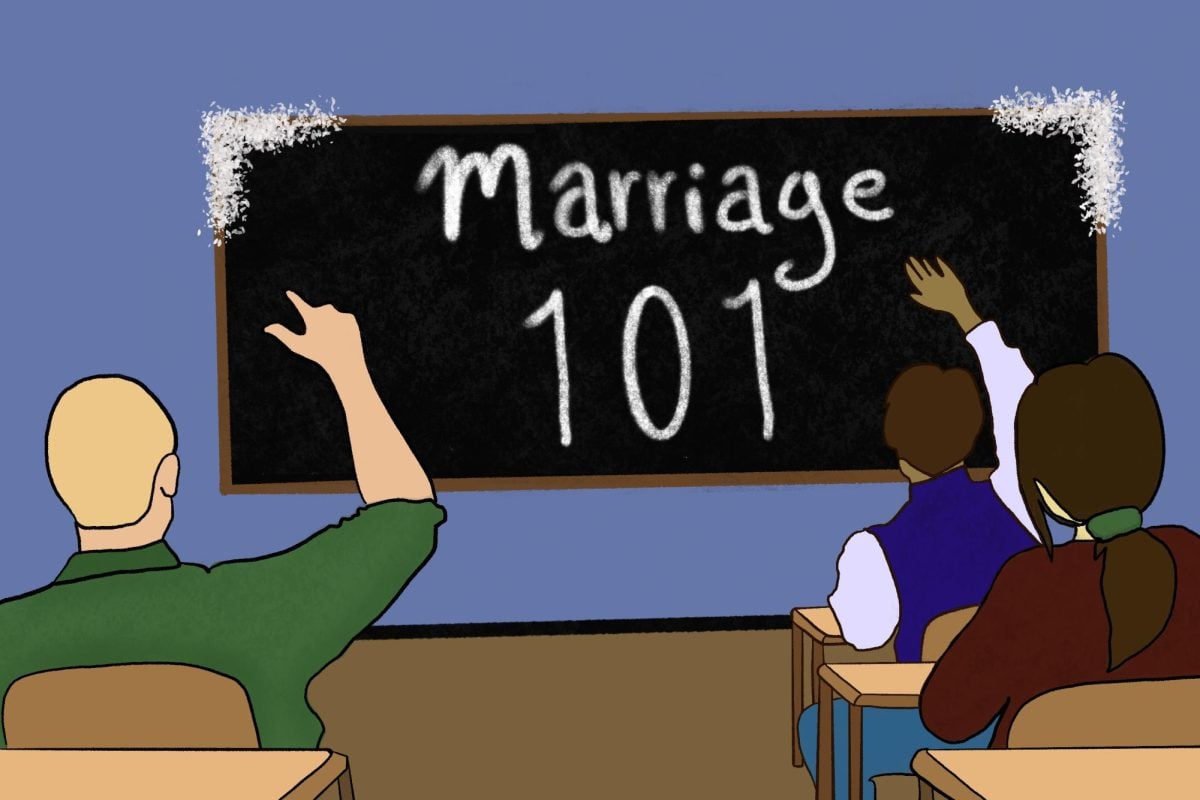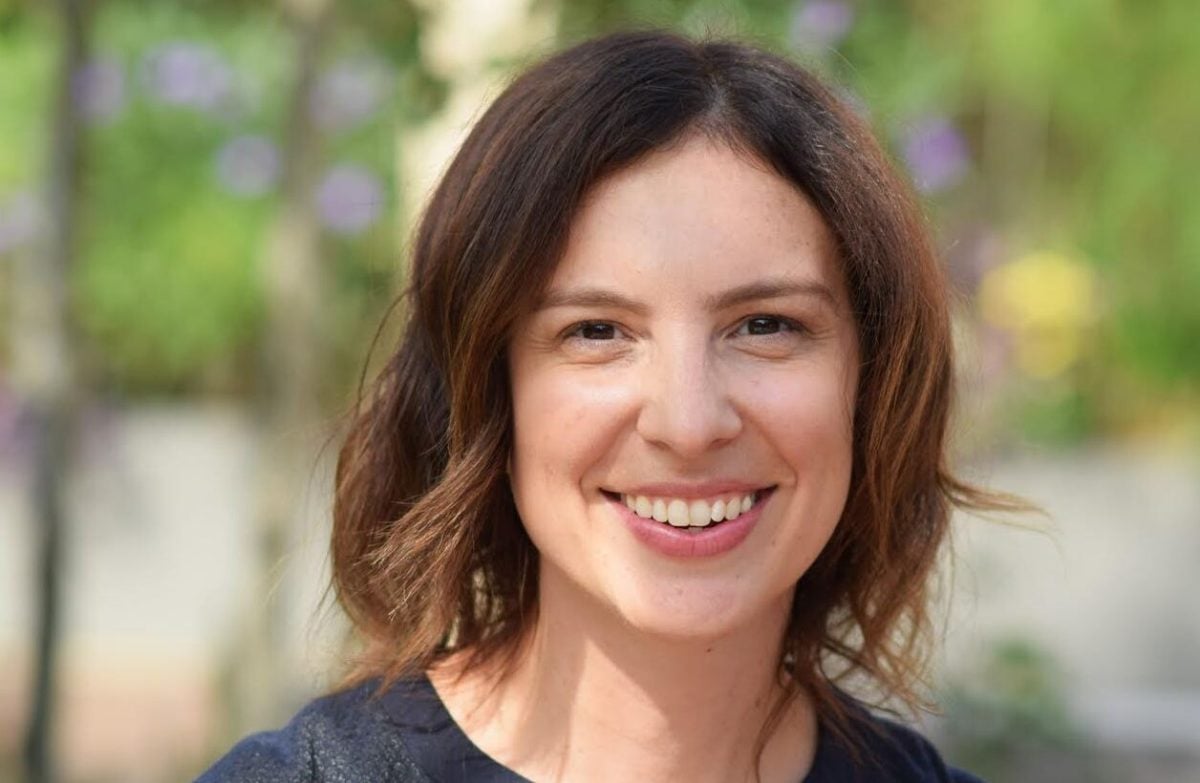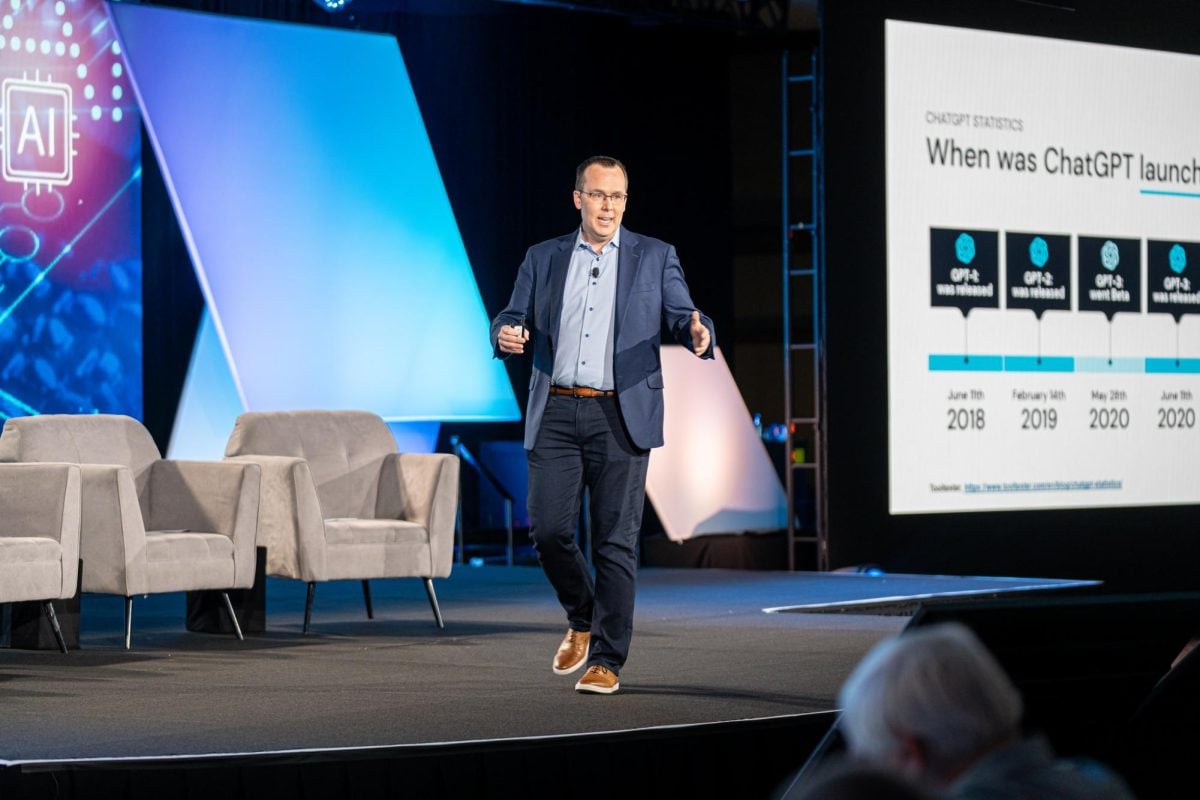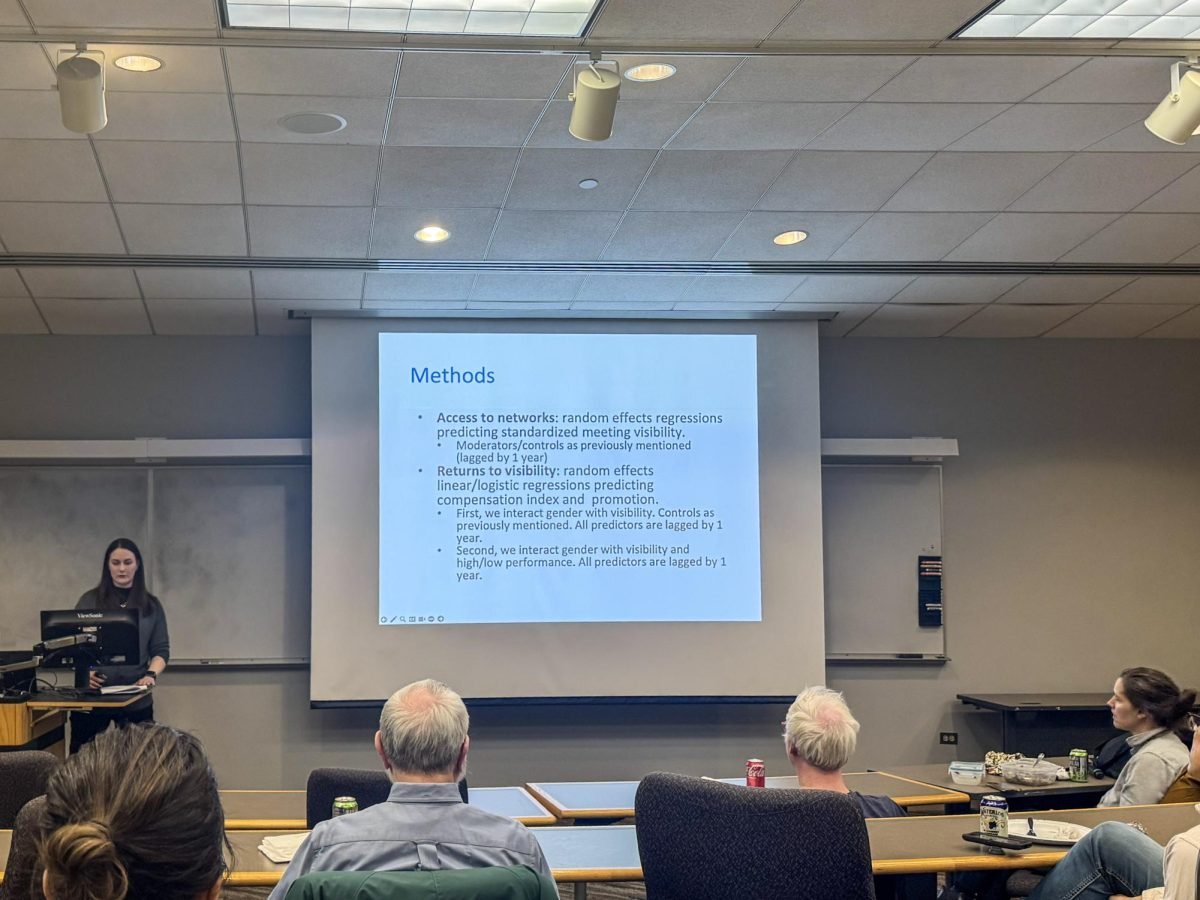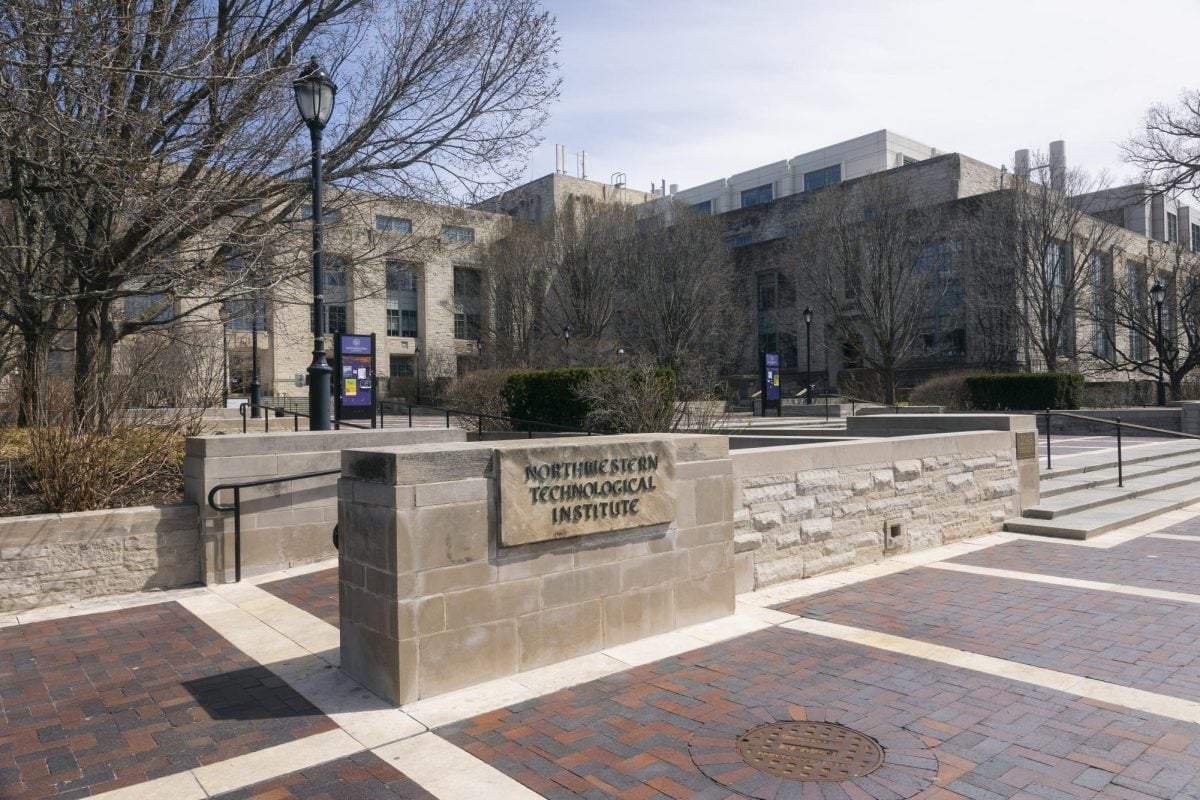Members of Northwestern Law School’s Center on Wrongful Convictions helped overturn the wrongful murder conviction of a man who had served 21 years of an 80-year prison sentence on Tuesday.
Cook County prosecutors dropped the charges against Jacques Rivera, 46, following the 2010 recantation of the witness whose testimony constituted the only incriminating evidence in the case. The witness, 35-year-old Orlando Lopez, was only 12 years old at the time of the murder and initial testimony in 1988. He recanted his statements after investigators located him in Ohio, saying he had misidentified the suspect.
Jennifer Linzer, assistant director of the center, helped locate Lopez and was present for his initial recantation. She said Lopez referred to the disclosure of his false testimony as a moment of “redemption.”
“The recantation was so pure and it was so spontaneous,” Linzer said. “It was a moment that is sort of frozen in time. It’s something I will never forget.”
A former member of the Latin Kings gang, Rivera was convicted in 1990 of shooting 16-year-old Felix Valentin in a west Chicago neighborhood. Rivera, a Humboldt Park father of three, began writing to the Center in 2000 seeking representation. Senior Staff Attorney Jane Raley and her team – which included six NU graduate students – did not begin actively pursuing the case until February 2010, after Rivera and his relatives pleaded more, Raley said.
Raley said Lopez realized he had identified the wrong person about a week after his confession, but his close ties to the victim’s family, combined with an inability to communicate effectively with the authorities, led the prosecution to retain his testimony. The two men Valentin identified before his death were never prosecuted.
“(Rivera) never should have been convicted in the first place,” Raley said. “The state’s case was based entirely on the eyewitness testimony of a child.”
Rob Warden, executive director of the Center, said this is the 70th exoneration in Cook County since 1989, according to research conducted by the Center. Of those cases, 49 of them were based on mistaken eyewitness identification.
Improper eyewitness testimony accounts for about 54 percent of wrongful convictions, said 28-year-old Katie Pelech (Law ’10), who worked on the case.
“It’s a surprisingly common problem,” she said.
Suhas Subramanyam, a second-year law student who also worked the case, said he was expecting the prosecution to drop the charges against Rivera because Lopez’s testimony had been shown to be “unreliable” and was “at best contradictory to the case” after it was recanted.
He said he was more touched by Rivera’s reunion with his family than the case’s outcome.
“More so than the verdict itself, that’s the moment I’ll remember – him embracing his kids and his kids being so excited,” Subramanyam said. “He basically had his life taken away.”
But the adjustment back into society will not be easy for Rivera, Raley said. Rivera’s mother told Raley on the phone Wednesday that just being able to look out the window and see people walking their dogs moved Rivera to tears.
Although Rivera’s transition from prison will be a challenge, Raley said she thinks Rivera forgave Lopez a long time ago and is just happy to be finally free.
“(Rivera) is eternally grateful to the eyewitness for coming forward and correcting the mistake,” Raley said. “He harbors no ill will at all toward the eyewitness because he understands that he was only 12 years old at the time.”
Michele Corriston contributed reporting.
laurencaruba2015@u.northwestern.edu

